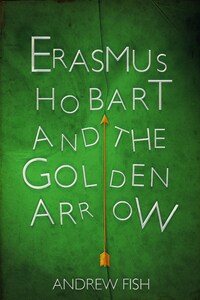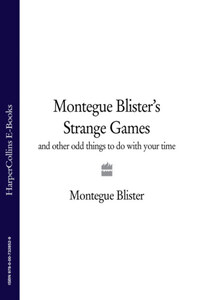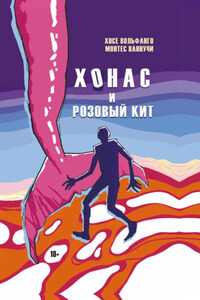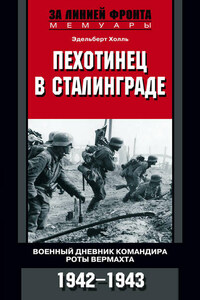Chapter One
The sun was high in the sky as Erasmus emerged. Blinking in the unexpectedly bright light, he looked back at the privy behind him. Could he return for a pair of sunglasses? No, he couldn’t. Bringing even the simplest of modern technologies into another time could have profound effects on the development of the human species. Sighing with the burden of responsibility, he locked the door to the time machine and pocketed the key before shading his eyes with his hand and examining his surroundings.
He appeared to be in some kind of side street, which implied a relatively large settlement; about a hundred yards ahead of him he could see an open area, probably a marketplace. But he was struck by how quiet it was: mediaeval settlements were supposed to be hives of activity, centres of trade and intrigue. Perhaps it was a holiday. But wouldn’t people be out celebrating and the streets filled with bunting? He looked around at the surrounding buildings, all apparently empty, and shrugged. Perhaps that was one of those historical misconceptions. He walked on.
After ten or twelve yards, he felt himself step in something soft and looked down to see his boot had sunk into a pile of horse manure. Disgusted, he moved his foot and scraped it on the dusty ground; the manure was moist and streaks of it rubbed off on the hard road surface. That was also puzzling: if the manure hadn’t dried enough to flake, then it had to be relatively fresh.
For a moment he thought he caught a hint of movement in the alley to his left. He turned to look, but there was nothing: a row of wooden doors stayed obstinately shut; nobody moved behind the glassless windows.
So where was everyone? It was as if aliens had descended on the town during a busy lunch hour and carted them all off. He chuckled to himself. Aliens. A preposterous idea – the stuff of poor science fiction. He looked back to make sure his time machine didn’t look too out of place then continued towards the square, stopping periodically to scrape more horse dung from his boot.
The area at the end of the street was definitely a marketplace. The buildings surrounding it were all two-storey, timber-framed affairs of the type you would normally associate with rich merchants and their guilds. There was no sign of market activity, but that wasn’t surprising since markets wouldn’t take place every day. What was odd was that even here there was no sign of life.
He looked up at the upper storeys; the windows were all shuttered, preventing him from seeing if there were people inside. Mystified, he continued through the square, looking for some indication of where he was and when. Perhaps the more ostentatious buildings would have a construction date engraved somewhere – that at least would give him some idea.
As he approached the tallest of the buildings surrounding the square – something he presumed to be a town hall – he heard the sound of hooves approaching at a gentle trot from one of the side streets.
He listened carefully: in between the distinctive clops of the horse’s hooves he could just make out the tramp of more solid footsteps – perhaps a man in boots. As long as he was in the right country, the new arrivals should be able to tell him where he was and what was going on. Decided on his course of action, he walked towards the street from which the sound was emanating and, as he turned the corner, stopped in stunned surprise.
In many ways it was probably a fairly ordinary sight for its time: the woman on the horse carried herself with dignity and surveyed her surroundings with a look comprised in equal parts of contempt and arrogance; the two mail-shirted men who flanked her kept their hands on the hilts of their swords and their eyes assiduously on the ground, making no attempt to look at their lady.
And that was clearly what she was: a lady, a member of the ennobled classes. It wasn’t just her bearing, or the fact she was mounted on a chestnut mare, which itself appeared somewhat uninterested in the proceedings; it wasn’t that her long, dark hair showed signs of care and that her finely chiselled looks showed evidence of the lack of hard toil.
No, if Erasmus had been asked to put his finger on the nub of the argument, he would have said it was her apparel: she appeared to have been outfitted – if that was the word – by the same tailor who had provided the emperor with his new clothes. In short, she was completely naked and it was only the horse’s head and the lady’s hair that prevented Erasmus from having a grandstand view of one of the most famous, yet least seen sights in English legend. History, he corrected himself – if he was seeing it, then it had happened. He knew the woman was rich because he knew who she was. This was the woman who, according to the tales, had ridden naked through the streets of Coventry in protest at her husband’s oppressive taxation of the peasants. This was…








